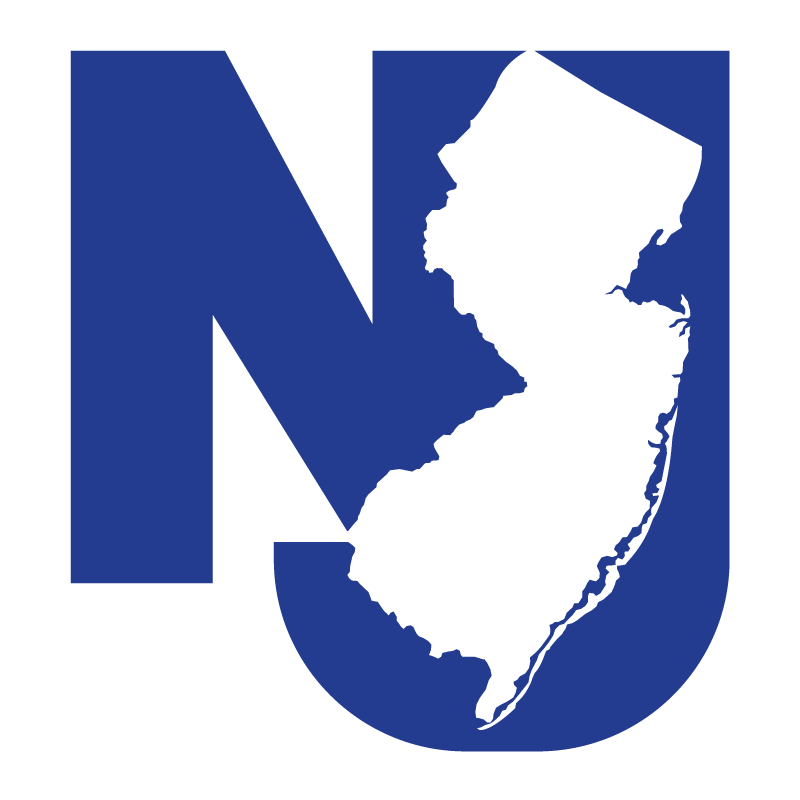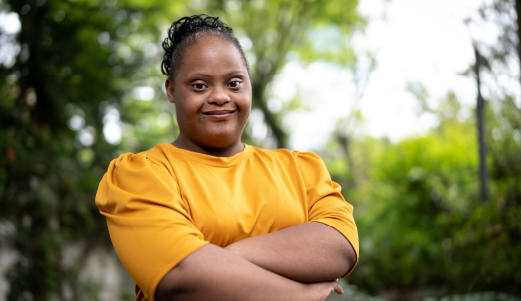Transitioning from Youth to Adulthood
For individuals with intellectual/developmental disabilities (I/DD) and their families, the transition to higher education, employment, or both can be a stressful and confusing time. In addition to transitioning out of the K-12 education system to a new setting, individuals with I/DD are also moving from the youth system of supports to the adult system, with changes in support staff, available programs, and services offered. This page provides guidance on how to navigate the process of transitioning to higher education or employment, including:
- Transitioning from the Special Education system and Children’s System of Care (CSOC) services to the Division of Developmental Disabilities (DDD)
- Preparing for employment, training, or college
- Finding resources that help with living independently
For a helpful timeline of important transition-related milestones, visit the Division of Developmental Disabilities website.
Get Help Now
- For more information about Special Education services, please visit the Office of Special Education website.
- For more information about resources for transitioning youth with developmental disabilities, please call PerformCare at 1-877-652-7624, or the Division of Developmental Disabilities at 1-609-633-1482 (toll free: 1-800-832-9173).
- For more information about transitioning into the workforce, contact the Division of Vocational Rehabilitation Services at 1-609-292-5987, or fill out an online referral form via their website.
- For information and referral, peer counseling, skills training, advocacy, and other disability services that can assist with transitioning to adulthood, contact your county’s Center for Independent Living via their number in this directory.
Preparing for the Transition to Adulthood
While the transition to adulthood does not take place until an individual is 18 years of age, preparation for that transition should take place earlier. Individuals with disabilities have the right to receive special education services through their school. If a student has a disability and qualifies for specialized services, the school district will assemble an interdisciplinary team to develop an individualized education plan (IEP) for the student to help them meet their educational and life goals. For more information about the Office of Special Education and your rights as a parent, please visit the New Jersey Department of Education website.
As the student progresses through high school, their multidisciplinary team and IEP should also address:
- Goals for education, employment, and independent living
- Transportation options for getting around the community
- Transitioning from pediatric to adult healthcare providers
- Options or alternatives to guardianship
The Department of Health (DOH) can provide further support through their Special Child Health Services (SHCS) Case Management Units (CMU). These units will work with you and your child’s physician to assist in coordinating access to preventive and primary care for children and youth with disabilities. To find the CMU contact in your county, please refer to this list or call 1-609-777-7778. All New Jersey residents through the age of 21 with special health care needs are eligible to receive services.
Through New Jersey’s Children’s System of Care (CSOC), PerformCare offers Family Support Services, including caregiver relief for families, assistive technology, home and vehicle modifications, and assistance with summer camp during summer breaks from school. PerformCare also connects families with Care Management Organizations that provide a full range of treatment and support services to children with the most complex needs, including intellectual and/or developmental disability (I/DD) services. For information about PerformCare, including how to submit an application for I/DD services, you may call 1-877-652-7624, or visit the PerformCare website. I/DD services through PerformCare are available for children up to age 21.
i
Transitioning from the Children’s System of Care to the Adult System
Once students with disabilities graduate from high school, they no longer receive special education services from their local education agency. I/DD support services for adults are offered through the Division of Developmental Disabilities (DDD) and are not available to residents until they turn 21; however, if a student graduates from high school before the age of 21 and has achieved the educational goals outlined in their IEP, that student may be eligible to receive DDD services early.
Download an application for DDD services. DDD offers a number of Medicaid-funded services and supports to assist with independent living. For more information about the services available through DDD, visit our Resources for Individuals with Intellectual and Developmental Disabilities page.
In order to ensure that there is no lapse in services, DDD has created a helpful timeline outlining the steps that your student should take in their final year of high school prior to graduating, including the following:
- September-June:
- Participate in activities offered through Planning for Adult Life, which provides resources and webinars to assist in post-graduation planning.
- Create a plan for achieving work and education goals using the person-centered planning tool.
- Learn about support coordination, the care management model used by DDD, and research Support Coordination Agencies.
- February-March:
- Complete and submit a Support Coordination Agency selection form to identify which agency you would like to receive services from.
- April:
- DDD assigns the student a Support Coordination Agency.
- April-June:
- Develop an Individualized Service Plan with your support coordinator.
Once a student reaches the age of 18, regardless of their educational status, they also may be eligible to receive Supplemental Security Income and healthcare through NJ FamilyCare, and can submit applications for both supports. NJ FamilyCare provides a variety of healthcare services, and provides access to the Personal Preference Program (PPP), through which children and adults can receive personal care attendant services.
i
Employment Supports
The Division of Vocational Rehabilitation Services (DVRS) provides Pre-Employment Transition Services (Pre-ETS) for students with disabilities, beginning at the age of 14 and ending at the age of 21. Pre-ETS activities include job exploration and training, post-secondary education guidance, work-based learning experiences, internships, apprenticeships, independent living skills training, and instruction in self-advocacy.
Pre-ETS services can be requested from DVRS or the Commission for the Blind and Visually Impaired (CBVI). Download more information about Pre-ETS services. If you are interested in applying for services, you may fill out the online referral form or, if you are blind, deaf-blind, or visually impaired, you can contact your student’s CBVI teacher for a referral or call your regional CBVI office.
Once your student has transitioned out of high school, they may be eligible for adult employment services from DVRS, which include career counseling, supported employment, job accommodations, and additional training opportunities. You may fill out an application for employment supports two years prior to graduating. Visit the DVRS website for more information.
You may also be eligible for supported employment services offered by CBVI or by DDD. More information on these services is available at each division’s website.
i
Centers for Independent Living
Centers for Independent Living (CILs) are community-based, consumer-driven organizations that provide information and referral services, peer counseling, skills training, advocacy, and a variety of services based on individual needs, including transition supports. You can find the CIL that provides services to your county at this website.
Additional Transition-Related Resources
Additional resources to assist with your transition can be found at the following websites:
- NJ ABLE: NJ ABLE accounts allow individuals with disabilities to save for disability-related expenses without losing eligibility for assistance programs like Supplemental Security Income and Medicaid.
- LifeCourse Nexus: Offers courses and learning materials to assist individuals with disabilities and their families as they progress through life.
- Got Transition: Offers resources to assist youth and young adults in moving from pediatric to adult healthcare.
- National Resource Center for Supported Decision-Making: Provides resources to help individuals with I/DD make informed decisions about their life journey.
-
The Boggs Center on Developmental Disabilities: Find a helpful timeline of important transition-related milestones and resources.
 Official Site of The State of New Jersey
Official Site of The State of New Jersey
